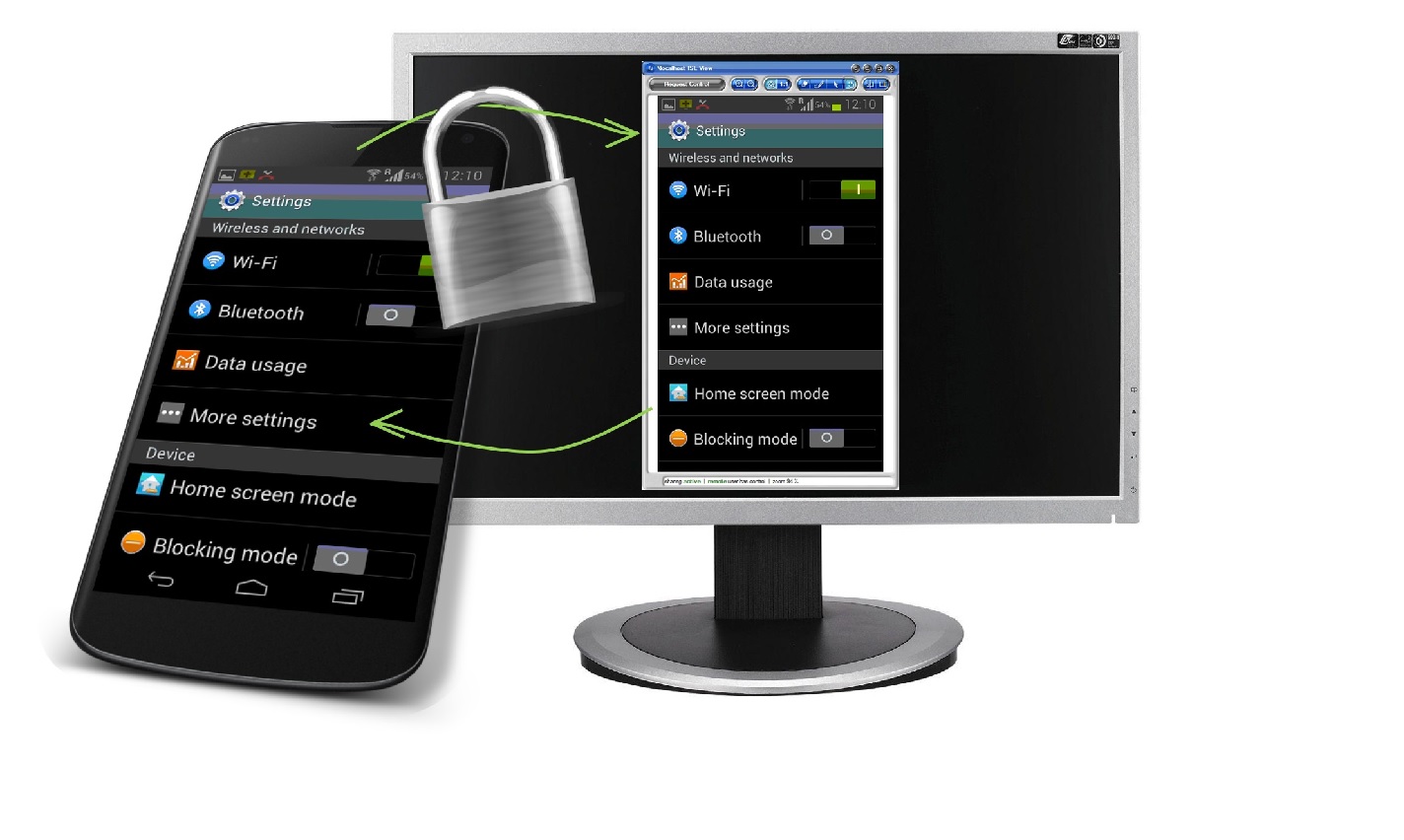Previously, companies engaged an in-house IT specialist to manage their networks. These experts had to be on-site to deal with any problems that developed. Businesses were forced to cope with extended downtimes while waiting for assistance when the IT specialist was unavailable.
With the invention of remote access technologies, all of that changed.
Remote access solutions have enabled network administrators to provide end users with faster and more efficient assistance. It is also simpler for companies to engage managed service providers to support their network as efficiently as full-time employees.
With that in mind, now is a good opportunity to examine your IT security strategy. Continue reading for some advantages and recommendations on improving organizational security when your staff goes remote. Remarkably centered around PCs and related items, PCredcom offers a bigger number of PCs and electronic gadgets than some other retailers.
Why Should You Secure Your Remote Data?
The advantages of remote access are obvious. It is critical to grasp them and express their advantages. These advantages apply to both full-time network administrators and managed service providers.
Cost Savings
Downtime has a direct financial impact. Remote access allows organizations to handle difficulties and get back up and running more quicker. Businesses who want to save money by employing a managed service provider may do so while maintaining quality owing to remote access solutions.
Quick Response Times
Remote access tools enable administrators to react to problems as soon as feasible. Many crises may be resolved without on-site intervention using remote tools such as an Office 365 monitoring tool. These tools are often given through computers, tablets, or mobile phones. Administrators may be on call 24/7 without having to leave the office.
Any Device, Any Location
Many different sorts of equipment can manage remote access tools. Furthermore, they can accommodate these various sorts of devices. Client devices may also be operated remotely in addition to servers. This encompasses both mobile devices and PCs. Remote assistance may be provided at the workplace or on the move. Location is not a limitation.
Best Tips for Remote Work Data Protection
Employee training, encryption, data management, allowed access, data backup and recovery plans, firewalls, data loss prevention, and proper network hygiene are all part of a comprehensive data security strategy.
With that in mind, we’ve compiled a list of critical tips to consider when developing a data security policy for remote workers.
Understand Where Your Data Lives
What you can’t see can’t be protected. That is why your company must thoroughly inventory its data to determine where it resides, what it is used for, and who has access to it. Data discovery will provide your company with complete insight into the entire organization’s data, the risks it poses, and the vulnerabilities it possesses.
Use a VPN to Protect Your Employees’ Internet Access
Use a virtual private network (VPN) and two-factor authentication for BYOD remote work.
Real users and their devices to connect to your network (e.g., mobile phones, mobile point-of-sale systems) are often the weakest links in the security chain. What was formerly on-site on one network now spreads among devices on separate home Wi-Fi networks. Therefore, your IT security strategy must be updated to account for new “endpoints.”
When it comes down to it, users are endpoints. They can do the most to avoid attacks by using caution, installing antivirus software, updating software, and operating systems, and backing up data to the cloud. Encourage your remote employees to password-protect their networks and use a VPN for remote logins, which may help encrypt conversations and data between your network and theirs. Two-factor authentication (2FA) may enhance security in this broad and famously susceptible attack area.
Maintain Strong Password Hygiene
Practicing good password hygiene is the most critical step in safeguarding your organization’s data. Employees on the go should be reminded to change their passwords regularly and to a standard set by your company. Passwords should be at least seven characters long and comprise number and alphabetic characters. Password managers are an excellent method to create and store unique passwords for your workers, while multi-factor authentication may offer an extra layer of security against breaches.
Schedule Regular Data Protection Training
Between a hacker and your company’s data, your employees are the first and most essential line of protection. Frequent cybersecurity training sessions can help remind your employees of the most critical data protection best practices and how to avoid falling victim to some of the most common cybersecurity threats. Keep data protection in their minds even when working from home. Create a data protection strategy for your staff to follow while working remotely.
Create a Data Backup and Recovery Strategy
Your company’s data may be compromised in the worst-case situation. To prevent a cybercriminal from gaining entire control of your firm, in this case, you must have a data backup and recovery strategy in place to restore your data. Having this strategy in place helps guarantee you keep all your data.
Conclusion
Everyone’s duties are made simpler by remote access. It allows ending users to take work home with them. It will enable managed service providers to help customers remotely, precisely as if they were sitting at a PC with the end-user, among many other advantages of remote access. Utilizing services to automate update procedures, program installs, and configuration changes makes server administrators far more successful at their duties.
When venturing into the realm of remote access, several factors must be considered. Decision-makers must decide on the finest remote access options for their organization. They must also select who will have access and how much access will be supplied. Network administrators and managed service providers must also consider the security and privacy requirements of the individuals they assist.
